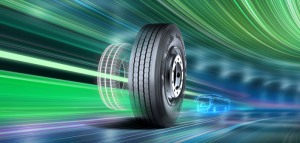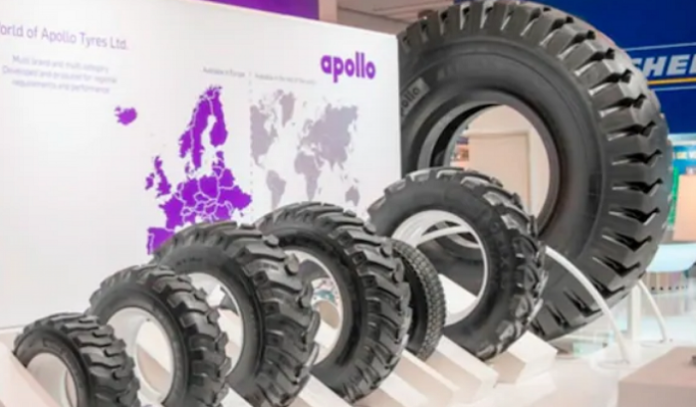Leading tyre manufacturer, Apollo Tyres has introduced EV-specific tyres for both, passenger and two-wheeler EVs. Apollo Tyres expects electric vehicles’ adoption to pick up pace over the next few years and is gearing up to cater to the e-mobility demand. The company is bullish on opportunities across domestic and international markets.
“Besides, the bus segment will also grow and four-wheeler will probably reach about 15-20 per cent (of the overall passenger vehicle sales) by 2030,” Apollo Tyres President (Asia Pacific Middle East and Africa) Satish Sharma told PTI in an interaction. He suggested that electric two-wheeler sales could account for 30-35 per cent of overall sales by 2030.
“There is every reason to believe that there will be rapid expansion of electric vehicles and therefore tyres for such models,” Sharma said.
The company has launched two brands — Amperion and Wav for electric passenger vehicles and two-wheelers respectively. “We will be expanding the lineup as we move ahead,” Sharma said. Apollo Amperion will cater to the EVs in hatchback, compact SUV and sedan segments in India, like Tata Nexon, MG ZSE, Hyundai Kona and other upcoming EVs. Apollo WAV on the other hand will cater to the majority of high-powered electric scooters available in the country, like TVS iQube, Bajaj Chetak and Ather 450.

He noted that the company is also looking to cater to electric models in the European market through its Vredestein brand. “It will be first launched in Europe and then we will bring it to India if required because the real action at the premium end will come from premium players,” Sharma said.
Global premium players like Mercedes Benz, Audi, and Volvo are all looking at introducing at least one or two electric models, he added.
“So, we will be competing with the likes of other premium tyre suppliers for such electric cars,” Sharma said. The company plans to develop EV tyres for motorcycles in the next phase, considering the extremely low numbers in this category currently.
How are EV tyres different?
EV tyres might look similar to the ones used in internal combustion engine (ICE) vehicles. However, they are very different in terms of components used, tyre design and construction. EV tyres use the latest generation polymers, traction resin and other raw materials. To handle the instant acceleration of the EVs, the tyres handle more torque, which means an improved tread pattern and rubber compounds. The EV tyres usually are designed with lesser rolling resistance, amounting to around 30%. This results in the EV tyres extending the battery range of the vehicles. The tyres for electric vehicles have increased load bearing capacity at the tread, plies and sidewalls.
“Our teams have invested years of research to understand the changing dynamics and requirements of vehicles in EV space to perfect the product that we are launching today,” Sharma said. The tyre major is already in discussions with multiple OEMs in India to supply these tyres for the electric vehicles, and will be targeting a lion’s share in the EV space in India, in both PV and two-wheeler segments, he added.








